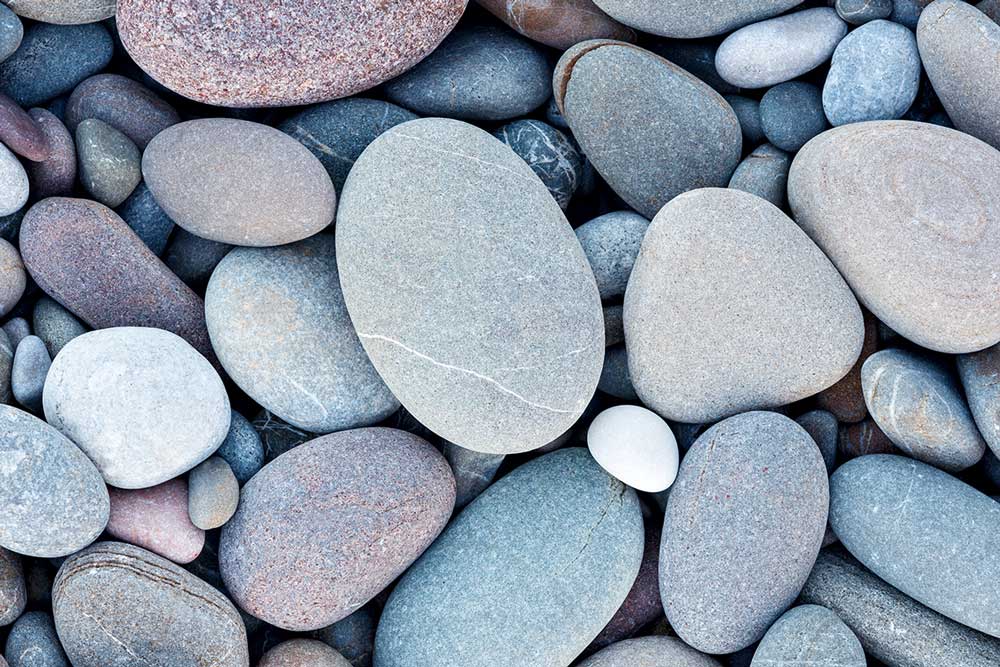
Dear Broadview Family:
Watching autumn leaves turn color, then twirl down from the trees, we’re thinking about letting go. Letting go of someone who’s passed on, or a friendship that no longer works, or a job or home or community that’s now behind us.
How can we get through these transitions more gracefully? There’s a clue in this old Robert Frost poem. It’s early fall in a bright New England meadow. A little girl is snacking on wild grapes with her brother. To help her reach the fruit, he bends down a birch sapling and tells her to hold on tight. But she weighs so little that, when he releases the tree, she’s “translated” into the air. Her rescue from the treetop and her later recollections are the substance of the poem — which makes the sweetness of wild grapes and the slant of autumn sun feel like our very own memories.
Like a baby ape, the poem’s now-grown narrator says, the little girl hadn’t yet taken the first step in human knowledge, which is learning “to let go with the hands.” She’s referring to the grasping, animalistic tendency to cling to the material elements of human experience. The narrator tells us that she’s since learned this lesson, but adds that she’ll never, ever “learn to let go with the heart.”
Can we, too, practice this halfway letting go? Can we loosen our grasp on the material aspects of a former friend or former home, while keeping the love in our hearts alive?
Mary Baker Eddy shows us the way. Anyone who recalls the tough times she went through wouldn’t be surprised to hear her say, “We love our friends, but ofttimes we lose them in proportion to our affection. The sacrifices made for others are not infrequently met by envy, ingratitude, and enmity….”1
Faced with enmity, etc., we often need to feel that our love wasn’t wasted. Mrs. Eddy reassures us: “Human affection is not poured forth vainly, even though it meet no return. Love enriches the nature, enlarging, purifying, and elevating it.”2 Or, in the pithier words of a JSH poet: “And this he came to learn / When dreaming ran for cover: / There is no unrequited love; / All love rewards the lover.”3
Feeling this reward is a huge step toward letting go. And here’s an even bigger step. As her friendships got disrupted, Mrs. Eddy learned to take her tenderness for a single person to a higher level. “True prayer,” she said, “is not asking God for love; it is learning to love, and to include all mankind in one affection.”4 In fact, she got so accustomed to reflecting the universal love of God that, when a member of her household staff asked, “Do you love me?” she famously replied, “I just love.”5
So this fall, as leaves release from the trees, let’s be willing, always, to let go with our hands. And willing, never, to let go with our hearts. Instead, let’s find that higher, purer, truer love — which ever rewards us all.
From my heart to yours,

Marivic Bay Mabanag
Executive Director
1 Mary Baker Eddy, Retrospection and Introspection, pp. 80-81.
2 Mary Baker Eddy, Science and Health with Key to the Scriptures, p. 57.
3 Kevin John McGrath, “There is No Unrequited Love,” Christian Science Journal (July 1985).
4 Mary Baker Eddy, No and Yes, p. 39.
5 Irving Tomlinson, Twelve Years with Mary Baker Eddy, p. 172 (1966).
